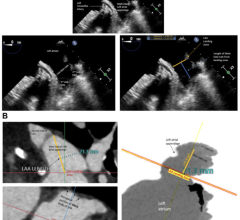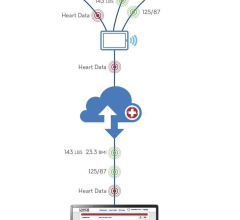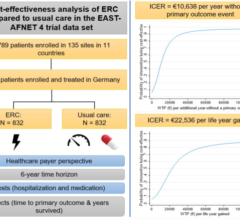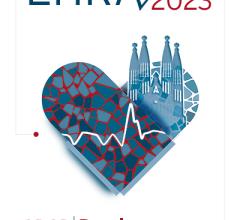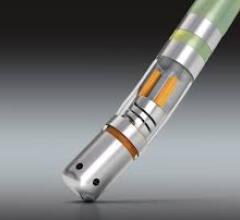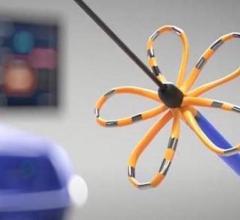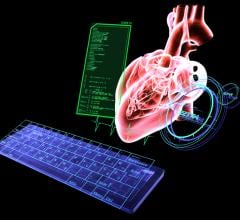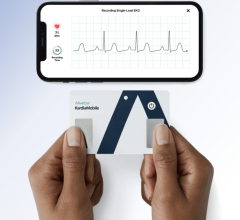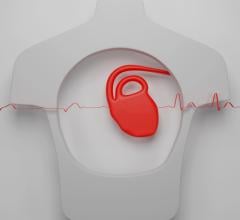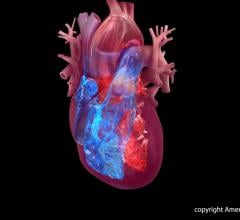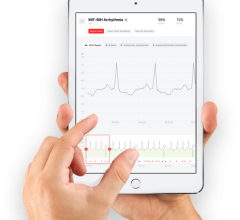March 30, 2023 —Vektor Medical has announced that use of its vMap arrhythmia mapping system during complex atrial ...
Atrial Fibrillation
This channel includes news and new technology innovations for the treatment of atrial fibrillation, also referred to as AF or afib. AF is a cardiac arrhythmia caused by irregular and often rapid heart rate. It is caused by the upper chambers (the atria) beating irregularly and uncoordinated with the lower ventricle chambers of of the heart. Symptoms include weakness with heart palpitations and shortness of breath. The conditional can lead to an increased risk of stroke and heart failure. AF episodes can cause the blood in the atria to stagnate and form clots, usually within the left atrial appendage (LAA). The clots can flow to the brain and cause a stroke. Treatments include anticoagulation therapy to dissolve clots, catheter or surgical ablation and LAA occlusion.
March 28, 2023 — CathVision, a medical technology company developing innovative electrophysiology solutions designed to ...
March 28, 2023 — The Society for Cardiovascular Angiography and Interventions (SCAI) and the Heart Rhythm Society (HRS) ...
When performing radiofrequency (RF) ablation to treat cardiac arrhythmia, medical professionals must balance the safety ...
March 27, 2023 — HeartBeam, Inc., a cardiac technology company that has developed the first and only 3D-vector ...
March 27, 2023 — Patients with atrial fibrillation (AF) benefit from early rhythm control therapy. It reduces ...
March 17, 2023 — Discover what’s new and on the horizon in the prevention and treatment of heart rhythm disorders at EHR ...
For over a decade, the cardiac cryoablation industry has seen little in the way of technological advancements. Yet ...
March 9, 2023 — People with a recent diagnosis of atrial fibrillation (AF), the most common irregular heart rhythm, have ...
March 8, 2023 — Biosense Webster, Inc., a global leader in cardiac arrhythmia treatment and part of Johnson & Johnson ...
March 6, 2023 — A new ablation technology known as pulsed field ablation was successful at eliminating episodes of ...
In the United States, the options currently available for cardiac ablation use thermal mechanisms to ablate tissue and ...
March 3, 2023 — Researchers may be able to predict cardiovascular disease – such as atrial fibrillation and heart ...
February 27, 2023 — Conformal Medical, Inc. announced today the results from the CONFORMAL Early Feasibility Study (EFS) ...
February 21, 2023 — AliveCor, the global leader in FDA-cleared personal electrocardiogram (ECG) technology, today ...
When the patients of Michael Boler, M.D. need cardiac monitoring, the Holter monitor is no longer his first choice. “The ...
February 14, 2023 — Biosense Webster, Inc., a global leader in cardiac arrhythmia treatment and part of Johnson & ...
February 10, 2023 — Irregular heart rhythms were detected in about 1 in 5 people who survived an ischemic stroke due to ...
February 9, 2023 — The Cardiomatics certified online SaaS platform provides world-class Holter ECG analytics to support ...

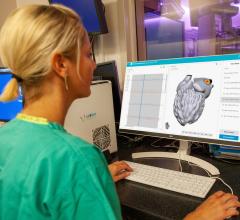
 March 30, 2023
March 30, 2023

